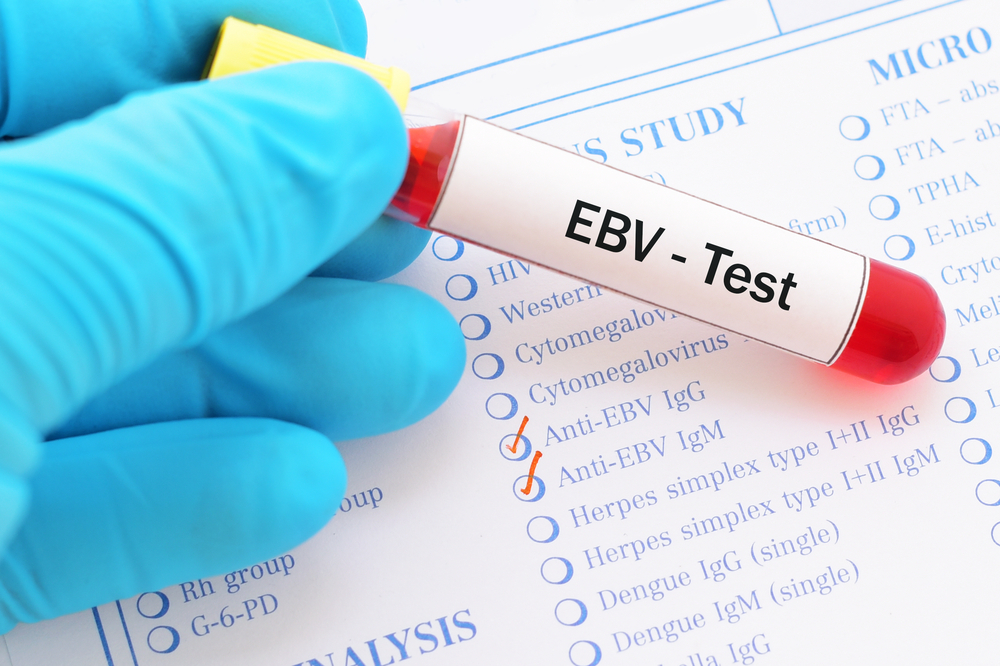#MSParis2017 – Immune Response to Epstein-Barr and Low Vitamin D Levels Separately Increase MS Risk
Written by |

A strong immune reaction to an Epstein-Barr virus infection and low levels of vitamin D appear to increase the risk of multiple sclerosis (MS) independent of each other, said researchers in a presentation at the 7th Joint ECTRIMS-ACTRIMS Meeting in Paris, France.
Previous studies have shown that serum antibody titers against Epstein-Barr virus and vitamin D levels are risk factors for developing MS, but few studies have examined them together.
Now, together with researchers from the Turku University Hospital and the University of Turku in Finland, scientists from the Harvard T.H. Chan School of Public Health studied the two risk factors in pregnant women who later developed MS.
The study, “Epstein-Barr virus, 25-hydroxyvitamin D and risk of multiple sclerosis among women in the Finnish Maternity Cohort,” was presented by Alberto Ascherio, at Harvard T.H. Chan School of Public Health. The study used blood samples, taken from women in early pregnancies, as part of the Finnish Maternity Cohort study.
The study holds data on more than 850,000 women. In order to identify those who developed MS after this sample was taken, researchers cross-linked data to other Finnish population registries, identifying 1,093 women with MS diagnosed between 1983 and 2009.
To make comparisons between patients and valid controls, researchers matched each patient with two women of approximately the same age and residential area. Moreover, the analyses included only people who tested positive for antibodies to Epstein-Barr virus, leaving researchers with 1,050 MS cases and 1,870 controls.
Researchers noted that even slightly higher levels of Epstein-Barr antibodies were linked to a 61 percent increased risk of MS. The analyses also showed that those with the highest level of antibodies had a 3.4 times higher risk to develop MS compared to those with the lowest levels.
The levels of Epstein-Barr antibodies were, however, not linked to levels of vitamin D. Adding information about vitamin D levels into the analysis of Epstein-Barr antibodies and MS risk did not change the outcome.
Nonetheless, low levels of vitamin D were linked to an increased risk of MS, independent of Epstein-Barr antibodies.
Based on the results, Ascherio concluded that increased levels of antibodies against Epstein-Barr “are associated with an increased MS risk,” and that this “association is not confounded by vitamin D levels.”
Both vitamin D levels and antibodies against Epstein-Barr virus seem to be independent risk factors for MS, he concluded.

